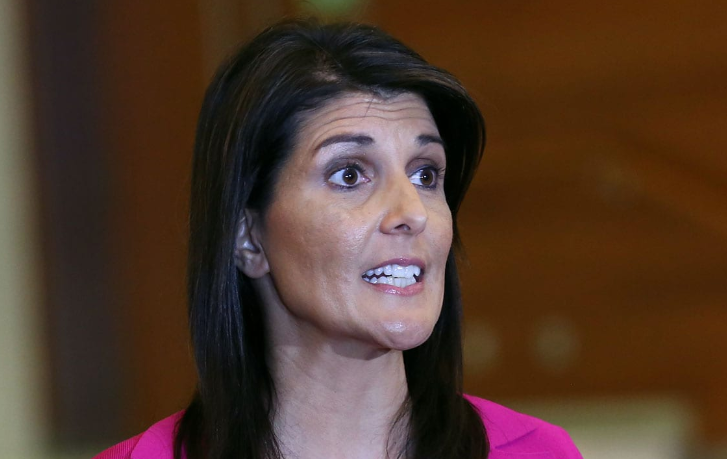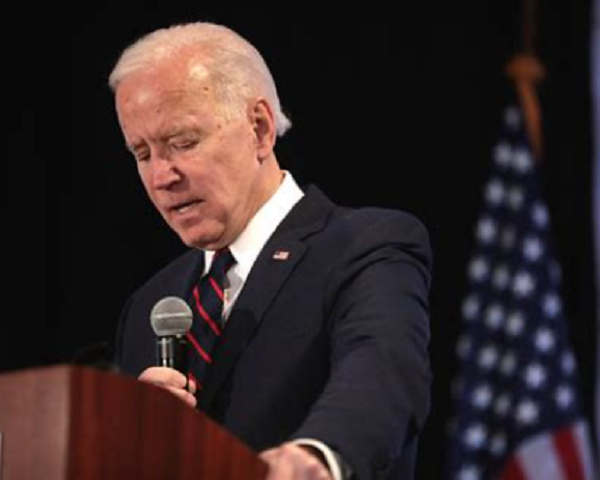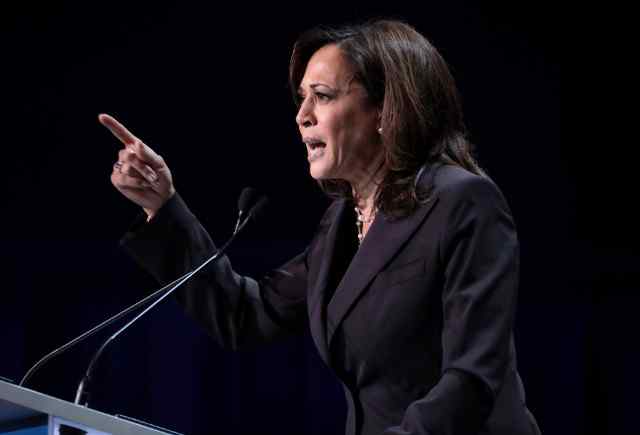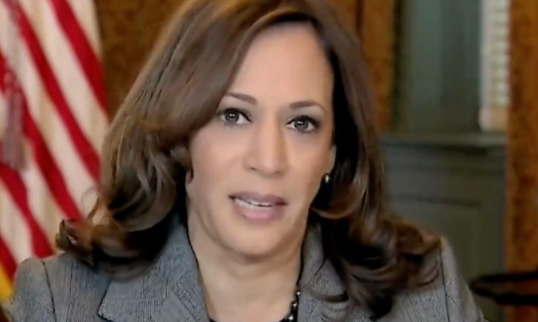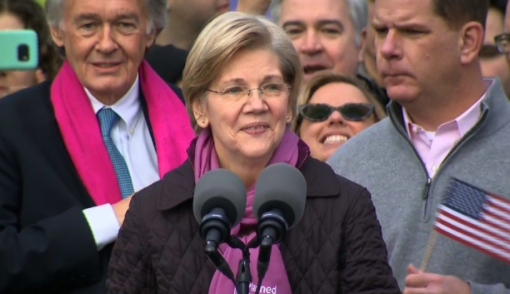During her bid for the Republican presidential primary, Nikki Haley appeared to echo a viewpoint commonly expressed by Democrats, suggesting that climate change plays a role in the surge of immigration to the United States and other nations. This occurred when Haley appeared before the Senate Foreign Relations Committee in January 2017, seeking confirmation as the ambassador to the United Nations (UN) under then-President Donald Trump’s administration.
Senator Jeff Merkley (D-OR) posed a written question to Haley, inquiring about the concept of “climate refugees.” Democrats argue that the influx of immigrants to the U.S. and other countries is partly a consequence of global warming, which devastates crops, living conditions, and communities in specific regions across the globe.
Merkley wrote:
“We are already seeing the impacts of climate change on the ground around the world — 2016 was the hottest year on record (and 15 of the 16 warmest years have been since 2000). Some countries have already relocated citizens due to climate change, creating the world’s first climate refugees. Extreme drought in the Middle East and even small amounts of sea level rise in parts of Asia are likely to displace tens of millions of people, and Western nations have been asked to accept some of the displaced people.”
“Do you agree that the rise in refugees presents a unique national security threat that requires international solutions? What do you view as the role of the U.N. and the United States in aiding with climate refugees around the world?” Merkley asked.
Haley responded:
“If confirmed I commit to engaging experts at the State Department and the U.N. on the issues of climate change and refugee resettlement. The U.N. plays a significant role in the management of refugees on a global basis. If confirmed, the role that climate change plays in refugee flows is an issue I look forward to assessing, and assisting refugees is a U.S. policy in which I look forward to engaging.”
In 2019, while Democrats employed the argument of “climate refugees” to advocate for lenient implementation of federal immigration regulations, a thorough examination of crop production in El Salvador, Honduras, and Guatemala was conducted by the Center for Immigration Studies (CIS).
Ultimately, the researchers at CIS discovered limited evidence indicating that climate change is the primary cause for the significant influx of immigrants to the United States.
“In all three Northern Triangle countries, the majority of the top agricultural products have seen production growth in recent years — in some cases tripling or quadrupling in size,” CIS researchers wrote. “Given the successful crop yields in Latin America, it is hard to imagine that climate change is a major factor driving migration flows. Even with regard to areas with declining production, such as coconuts in Honduras or Coffee in El Salvador, the primary explanatory factors appear to have little to do with climate change.”
During Haley’s UN confirmation questions, she was asked “Do you believe that climate change is merely a “concept” and a “hoax” created by the Chinese or someone else?”
Haley responded:
“No, I do not believe climate change is a hoax. If confirmed I commit to working with experts at the State Department and elsewhere in the government on the issue and helping to determine what role the U.S. Mission to the United Nations should play.”
Haley’s responses to Senators also acknowledged climate change as a genuine concern and one of the potential threats to American national security. Her stance in 2017 aligns with her recent comments, where she expressed her belief in climate change during the GOP primary campaign last year.
“Is climate change real? Yes, it is,” Haley infamously said during the first debate.

